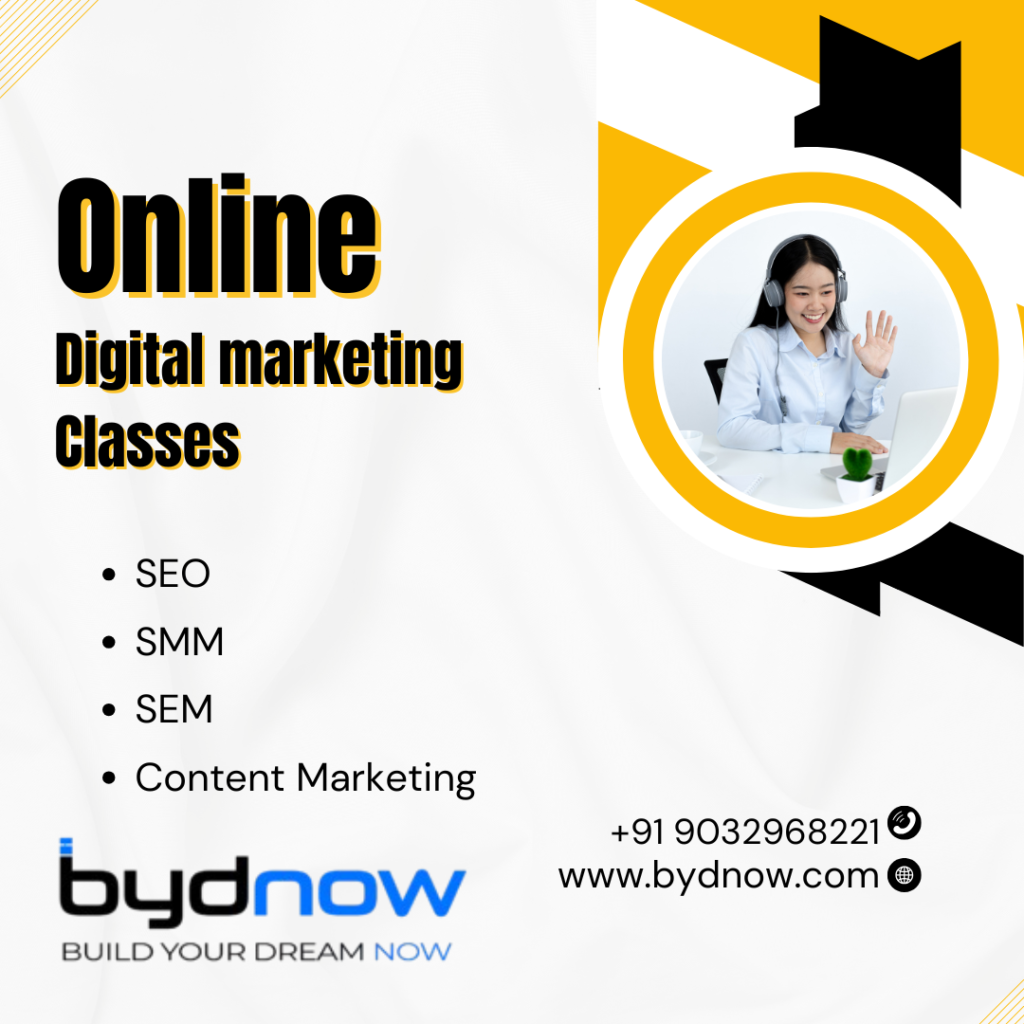Digital marketing refers to the use of digital channels -such as websites, social media, email, search engines, and mobile apps – to promote products, services, or brands. Unlike traditional marketing, digital marketing enables businesses to directly interact with their audience, measure performance in real-time, and refine strategies based on data-driven insights.
Search Engine Optimization (SEO)
SEO is the art and science of optimizing content to rank higher on search engines like Google. Key elements of modern SEO include:
- Keyword Research: Identifying terms your audience frequently searches.
- On-Page SEO: Optimizing content, metadata, and HTML for search visibility.
- Technical SEO: Enhancing website speed, mobile responsiveness, and security.
- Content Quality: Creating authoritative and engaging content that answers users’ questions.
- Backlinks: Acquiring high-quality links from reputable websites.
SEO is evolving with AI and voice search; businesses must now optimize for natural language queries and structured data.
Content Marketing
Content marketing focuses on creating and sharing valuable, relevant content to attract and engage a target audience. Key formats include:
- Blogs and Articles: Educational pieces that drive organic traffic.
- Videos: Engaging visual content for platforms like YouTube and Instagram.
- Infographics: Visually appealing data summaries.
- E-books and Whitepapers: In-depth resources for lead generation.
Quality content positions brands as industry leaders, builds trust, and fosters long-term customer relationships.
Social Media Marketing
Social media platforms are indispensable tools for connecting with audiences. Strategies include:
- Platform Selection: Focus on platforms where your audience spends most of their time (e.g., Instagram for Gen Z, LinkedIn for professionals).
- Engagement: Consistently interact through comments, polls, and direct messages.
- Paid Ads: Use targeted advertising to amplify reach and generate leads.
- User-Generated Content (UGC): Encourage customers to share their experiences with your brand.
Pay-Per-Click Advertising (PPC)
PPC is a model where advertisers pay a fee each time someone clicks their ad. Google Ads and social media platforms are common PPC avenues. Essential considerations include:
- Keyword Targeting: Bid on terms relevant to your business.
- Ad Copy: Craft compelling headlines and descriptions.
- Landing Pages: Design pages optimized for conversions.
- A/B Testing: Continuously experiment to improve performance.
PPC campaigns offer immediate visibility and are ideal for promotions and lead generation.
Email Marketing
Despite the rise of social media, email remains one of the highest ROI marketing channels. Best practices include:
- Personalization: Address recipients by name and tailor content to their preferences.
- Segmentation: Categorize subscribers based on behaviour, interests, or demographics.
- Automation: Use tools like Mailchimp or HubSpot for drip campaigns.
- Value-Driven Content: Provide exclusive offers, updates, and insights.
Effective email marketing nurtures leads and converts them into loyal customers.
Analytics and Data-Driven Marketing
- Traffic Sources: Where your audience is coming from.
- Behaviour Metrics: How users interact with your website.
- Conversion Rates: Percentage of visitors who take a desired action.
- ROI Analysis: Return on investment for various campaigns.
Regularly analysing data helps businesses refine their strategies and achieve better outcomes.
Trends Shaping Digital Marketing in 2024
- Artificial Intelligence (AI)
AI-powered tools like ChatGPT and Jasper are revolutionizing content creation, customer support, and campaign optimization. Predictive analytics also helps brands anticipate customer needs. - Voice and Visual Search
Smart speakers and visual search tools like Google Lens require businesses to optimize content for new forms of queries. - Sustainability Marketing
Consumers increasingly prefer brands that demonstrate environmental responsibility. Highlighting sustainable practices can enhance brand perception. - Interactive Content
Quizzes, polls, and augmented reality (AR) experiences foster deeper audience engagement. - Personalization
From product recommendations to tailored email content, personalization is key to capturing consumer attention.
Building a Successful Digital Marketing Strategy
- Understand Your Audience
Use tools like buyer personas and customer journey mapping to deeply understand your target market. - Set SMART Goals
Goals should be Specific, Measurable, Achievable, Relevant, and Time-bound. - Choose the Right Channels
Not every platform is suitable for every business. Focus on where your audience is most active. - Allocate a Budget
Decide how much to invest in PPC, content, and social media, balancing organic and paid efforts. - Monitor and Optimize
Continuously track performance and tweak strategies to improve ROI

